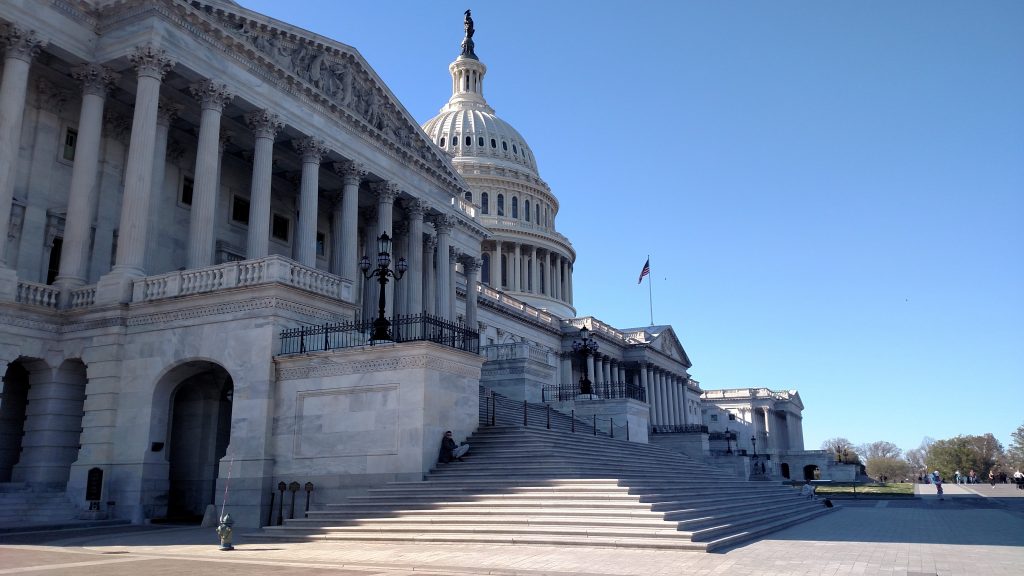
The news that the U.S. government may be in possession of alien technology has taken the world (…worlds?) by storm. In recent Congress hearings, former U.S. intelligence official David Grusch has testified that he is “absolutely certain” that the government is in possession of UAPs (“Unidentified Aerial Phenomena,” the official U.S. government name for UFOs).
I regret to inform the reader that I possess no unique insight as to whether or not the U.S. government is actually in possession of aliens or alien technology. But I think that this event provides the perfect opportunity to discuss the need for a more transparent U.S. government.
“Transparency” was a core theme at the UFO hearings. Testifiers and representatives alike mentioned the need for increased transparency in dealing with these matters. This is precisely the right way forward. In general, while some secrecy is necessary for particularly sensitive matters (such as military operations), the government’s extremely untransparent modus operandi is counterproductive for many reasons.
It is difficult to quantify government transparency, but with a historical study, we can get a general idea. A 2007 research report found that the U.S. government has become increasingly opaque in its operations since the Cold War in the 1950s, due to concerns of potential spies. This increasing lack of transparency has an interesting relation to the public’s trust in the government. The National Election Study has found that U.S. citizens’ trust in the government has been dramatically, nearly linearly declining since the 50’s; from 73% trusting the government in 1958 to just 20% in 2022, nearly an all-time low. While this correlation does not necessarily imply a causative relationship, it is certainly plausible that an increasingly opaque government (at least partially) causes an increasingly distrustful populace. This is supported by a 2016 report in the Journal of Comparative Policy Analysis, which found through a study of 75 countries that government transparency is directly linked to citizen trust.
Perhaps the strongest arguments for a more transparent government are those of simple common sense. One can expect better results from a more transparent government, because more transparency means more accountability. If an elected official is aware that their actions are going to be available for the public to scrutinize, they will behave better. Corruption will become much more difficult in a government where operations are more transparent. Finally, increased publicization of government discoveries will allow for greater knowledge, and thereby lead to greater social and technological progress.
If some of the UAP hearing’s testimonial claims are even halfway accurate—such as David Fravor’s claim that he witnessed a supersonic jet with no visible wings or rotors—then we will certainly need an increased rate of technological progress to stand a chance. A more transparent government could be a key method of accomplishing this.


